Govt Holds Firm On Food Export Ban Despite Projected Bumper Harvest
Updated: May 02, 2024 02:16:45pm
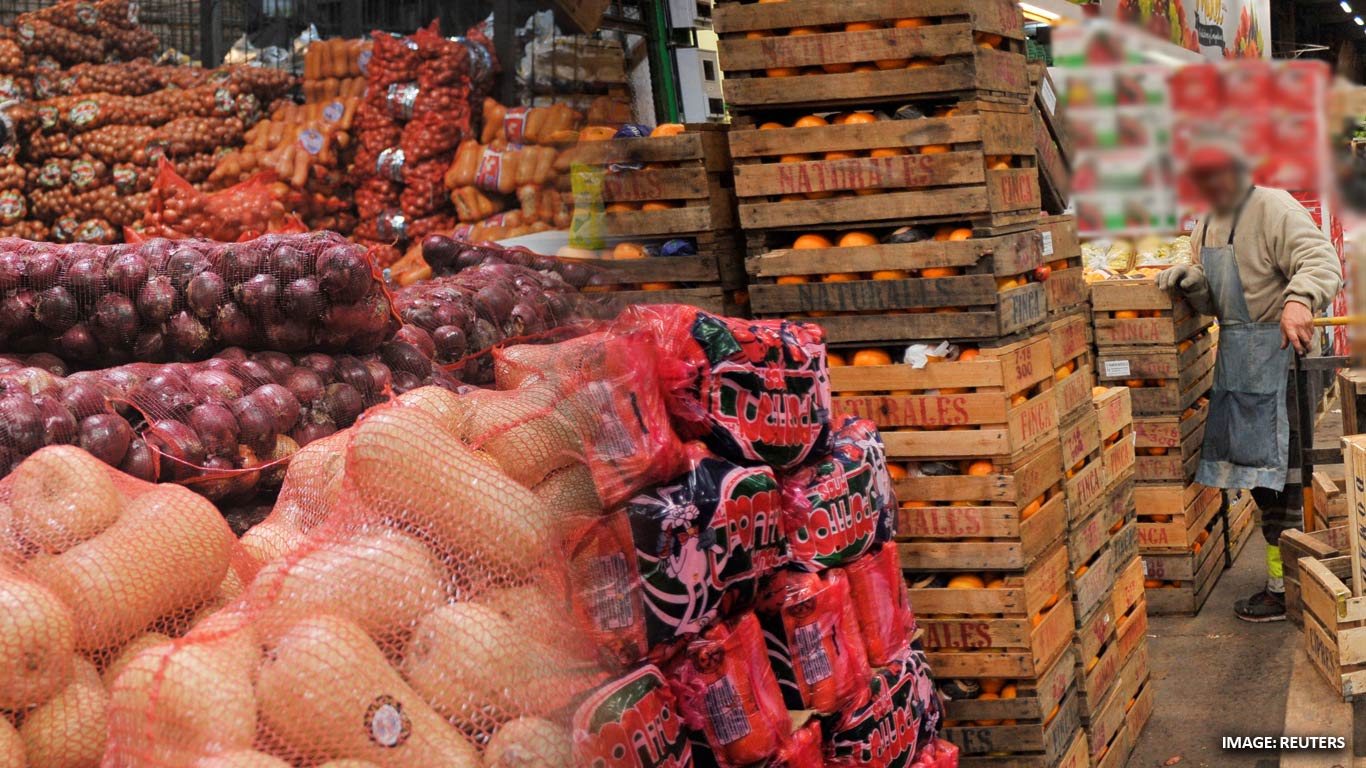
Govt Holds Firm On Food Export Ban Despite Projected Bumper Harvest
New Delhi, May 2 (KNN) The Indian government remains steadfast in its decision to maintain the ban on exports of food commodities, particularly wheat, even as official projections indicate a record wheat output this year.
Two government officials, speaking on condition of anonymity, cited the continued risks of food inflation and the priority to cater to domestic consumption as the key reasons behind this stance, reported HT.
Extreme weather conditions have disrupted crop output in the past two years, leading to a surge in prices. In 2022, India banned wheat exports after a heatwave resulted in a decline in output.
The country has also prohibited overseas shipments of white rice and onions to control prices, drawing criticism from farmers and exporters.
The primary focus of the government is to replenish the depleted food reserves in state-run granaries, which hit a 16-year low earlier this month.
"The question of lifting exports doesn't arise now. A review of export restrictions can only be undertaken when the domestic situation is comfortable," said an official aware of the development, on Wednesday.
The official also mentioned, “When there are excess stocks and there is a need to liquidate these stocks, only then we can think of reviewing the ban on wheat."
Sufficient procurement by the government is critical this year to help India restore its diminished stocks. The drawdown in stocks is a consequence of the government's decision to release a record 10 million tonnes of wheat in the open market over the past year to cool prices.
Despite estimates of ample wheat harvests, the country has been grappling with high grain inflation for over a year, with cereal inflation remaining in double digits for most months in the previous fiscal year.
A second official confirmed that there is no proposal to review the current food trade policy, as food-price pressures remain an obstacle in swifter fall in retail inflation to the Reserve Bank's target of 4 per cent.
While the government has procured nearly 20 million tonnes of wheat from farmers, higher than the country's annual requirement of 18.6 million tonnes for food-security schemes, it still needs to purchase an additional 6-8 million tonnes to intervene in markets and keep prices stable.
Although the government currently has 53 million tonnes of rice, nearly four times the buffer requirement, rice prices have risen by an annual 13 per cent, further diminishing prospects of lifting the ban on exports.
(KNN Bureau)

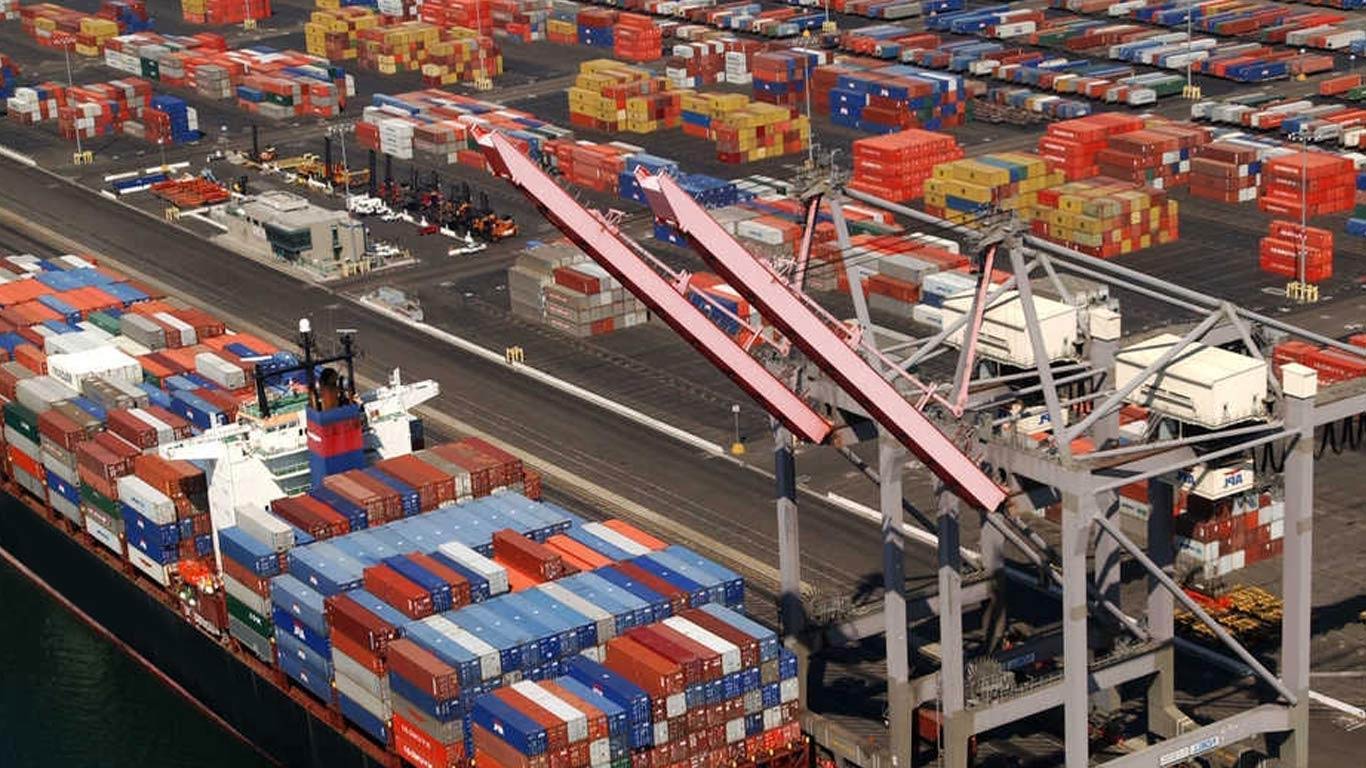
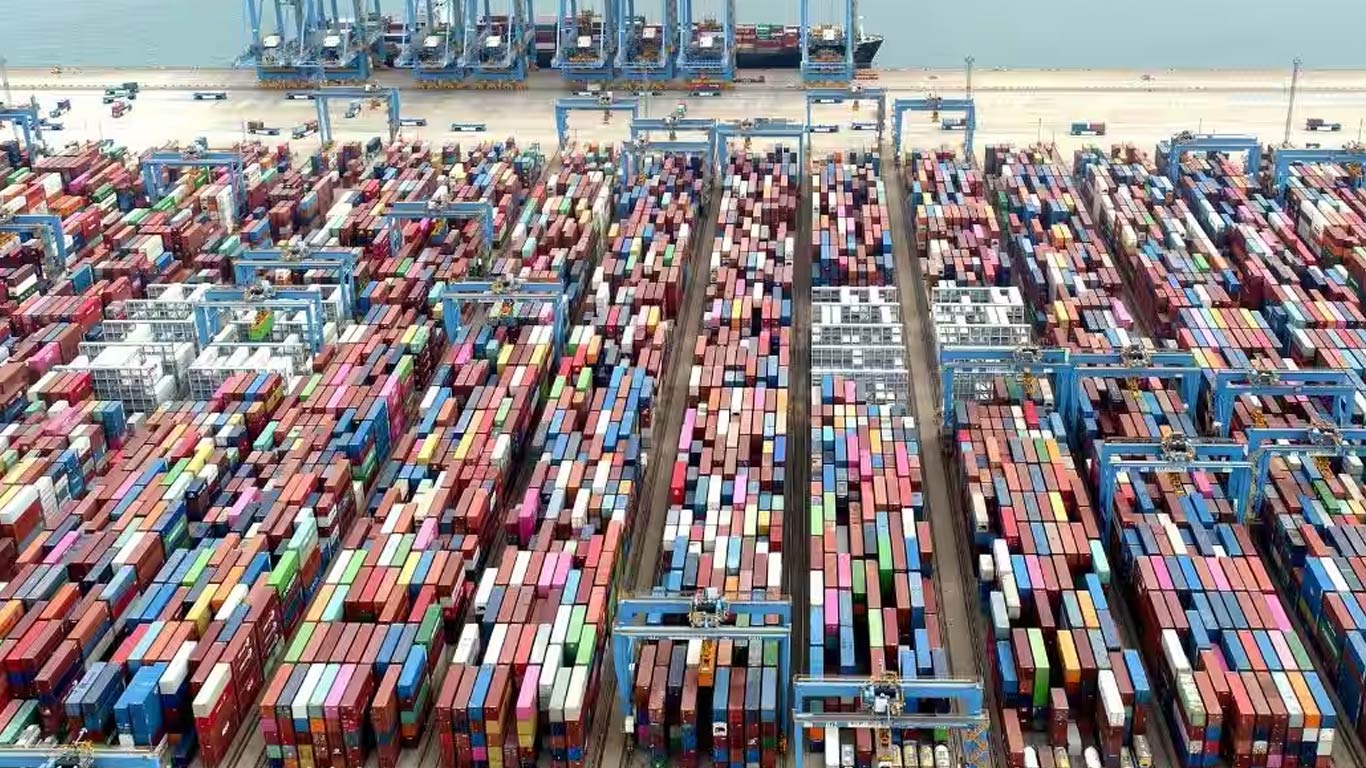
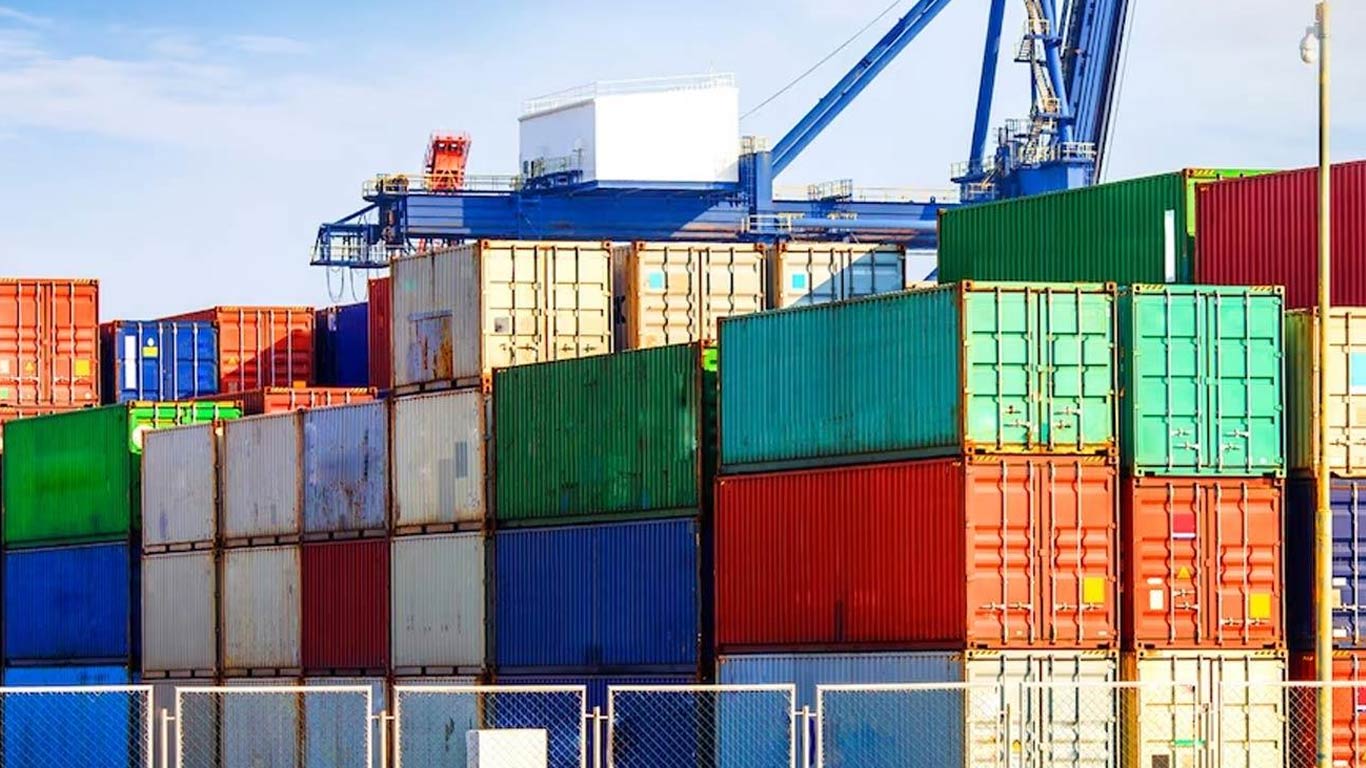
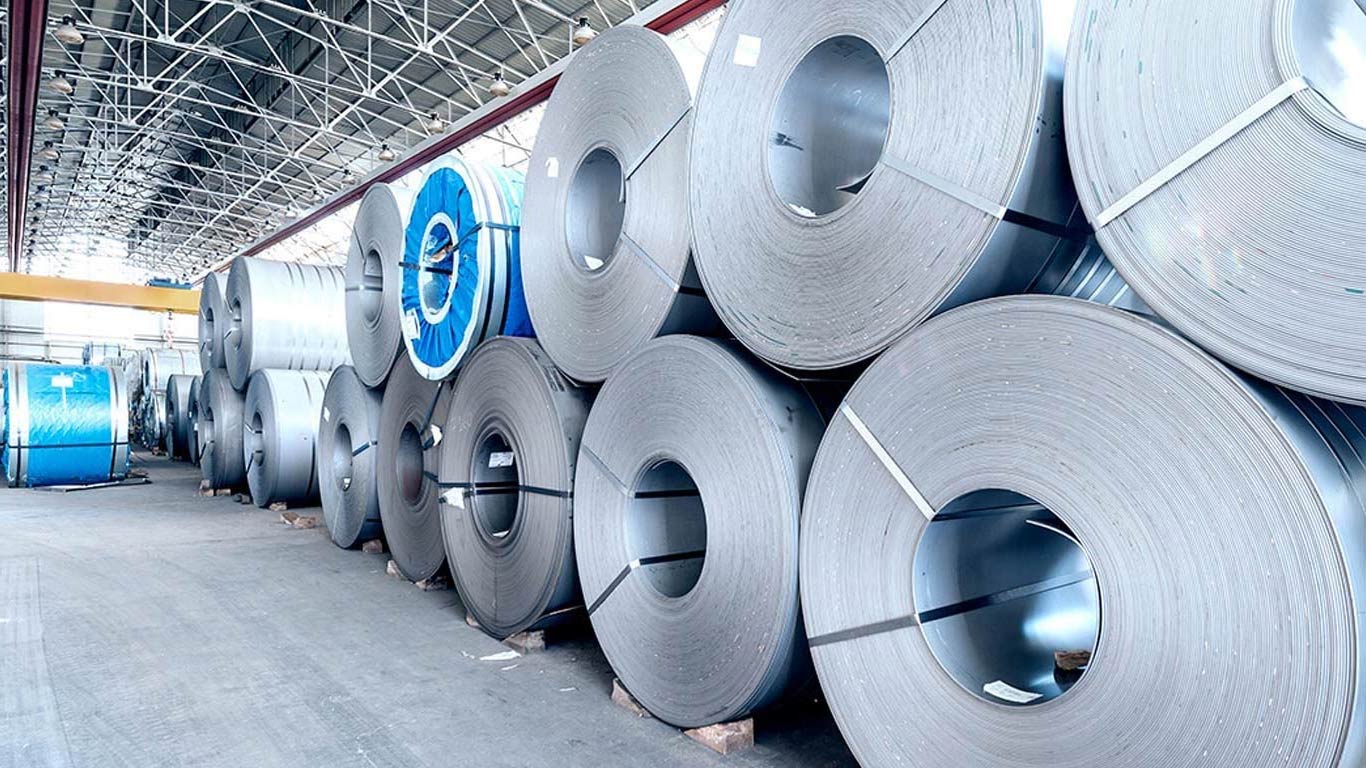
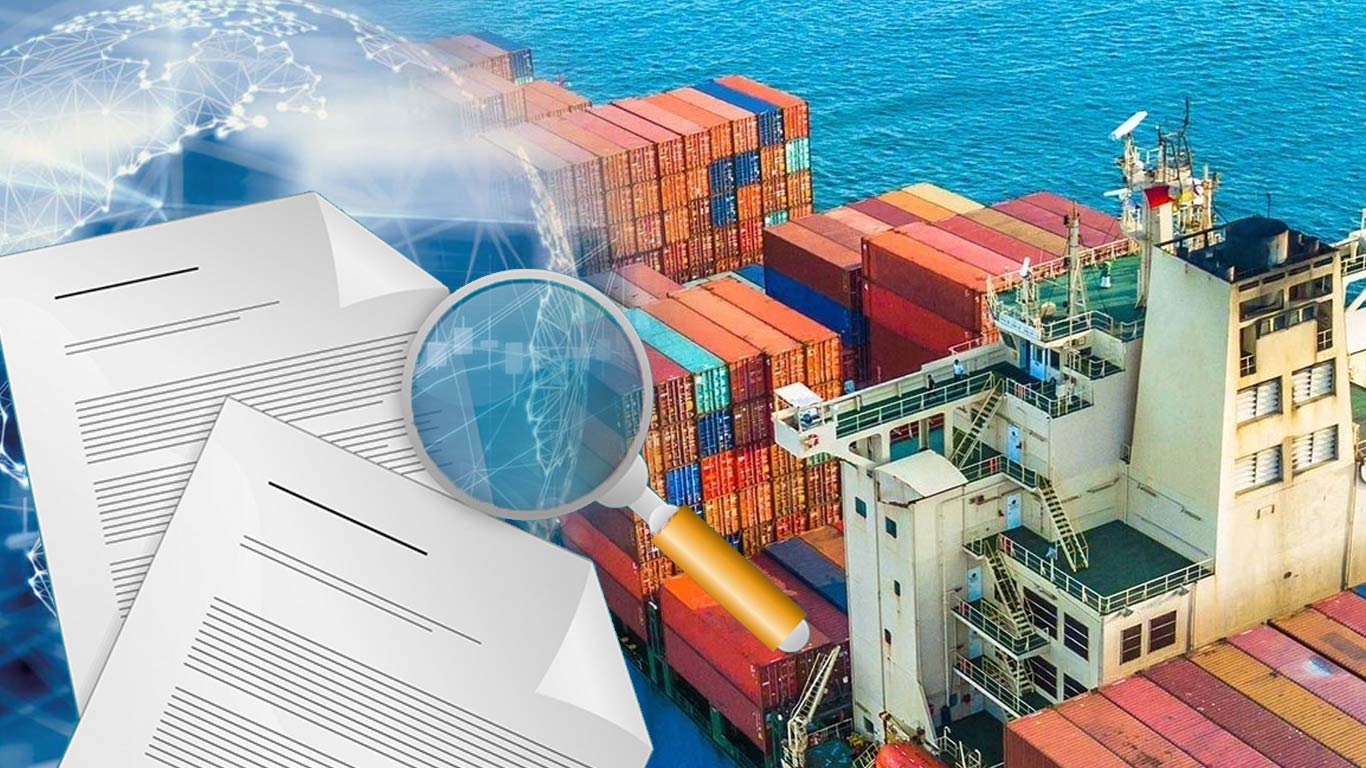





